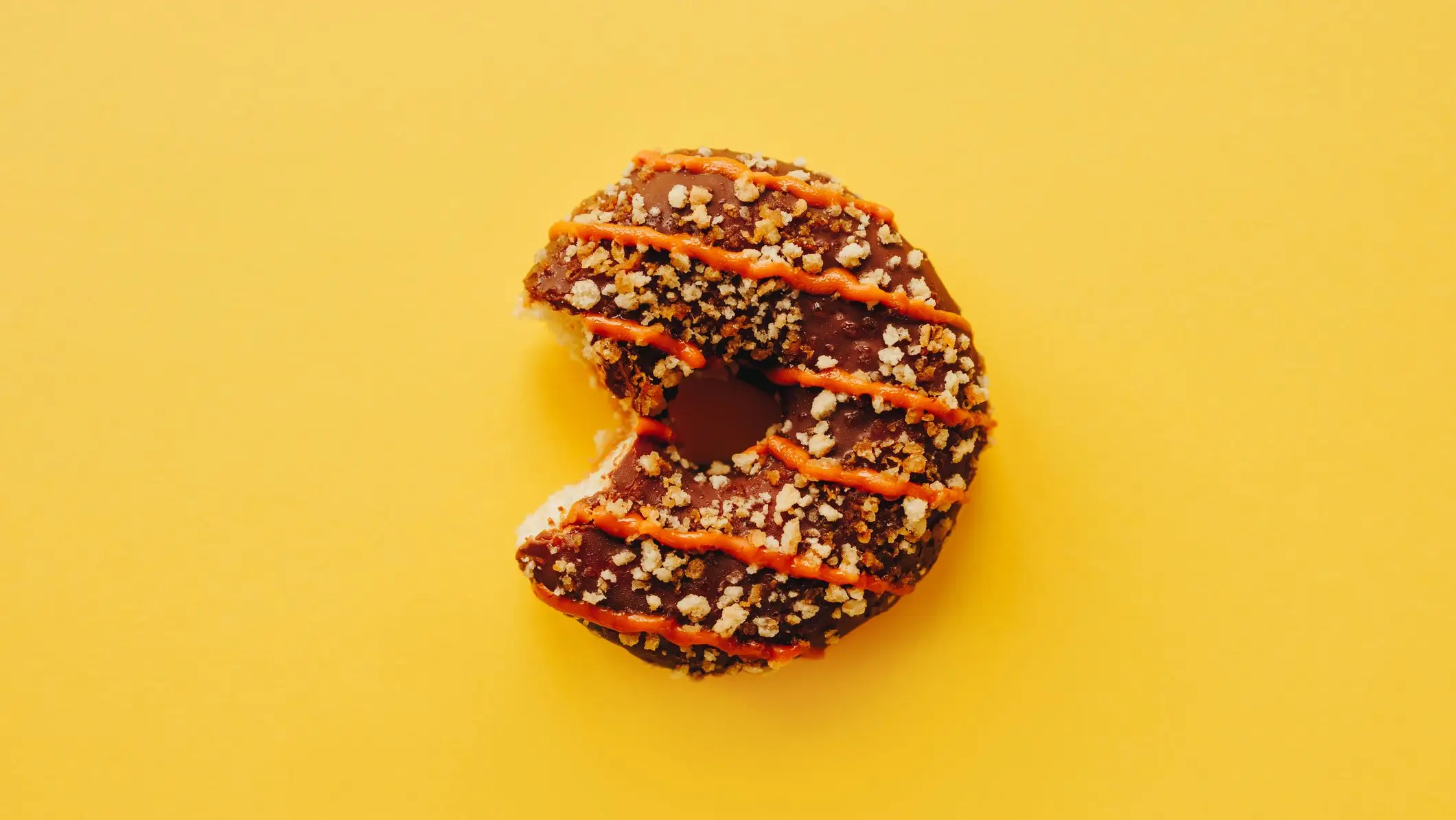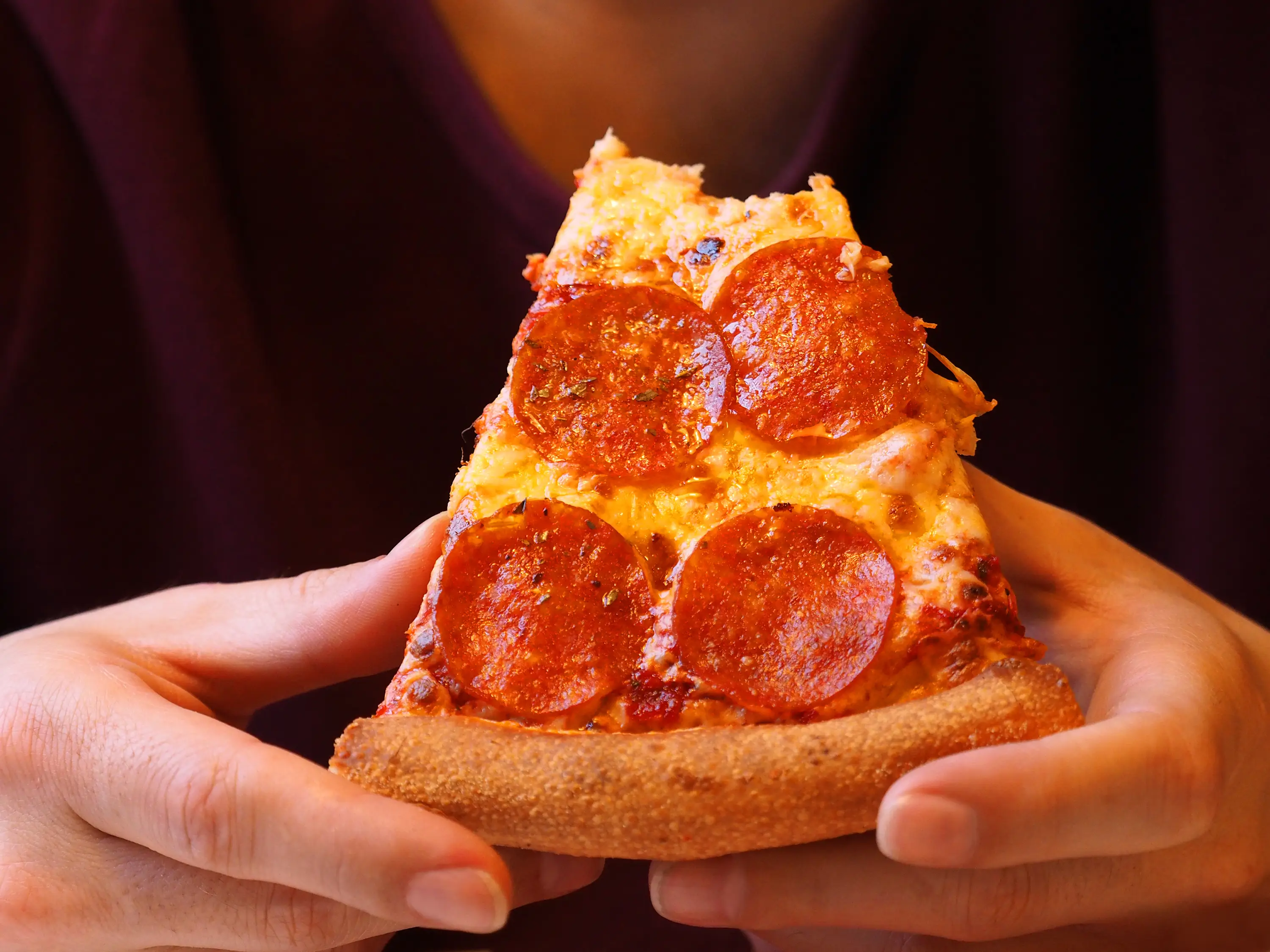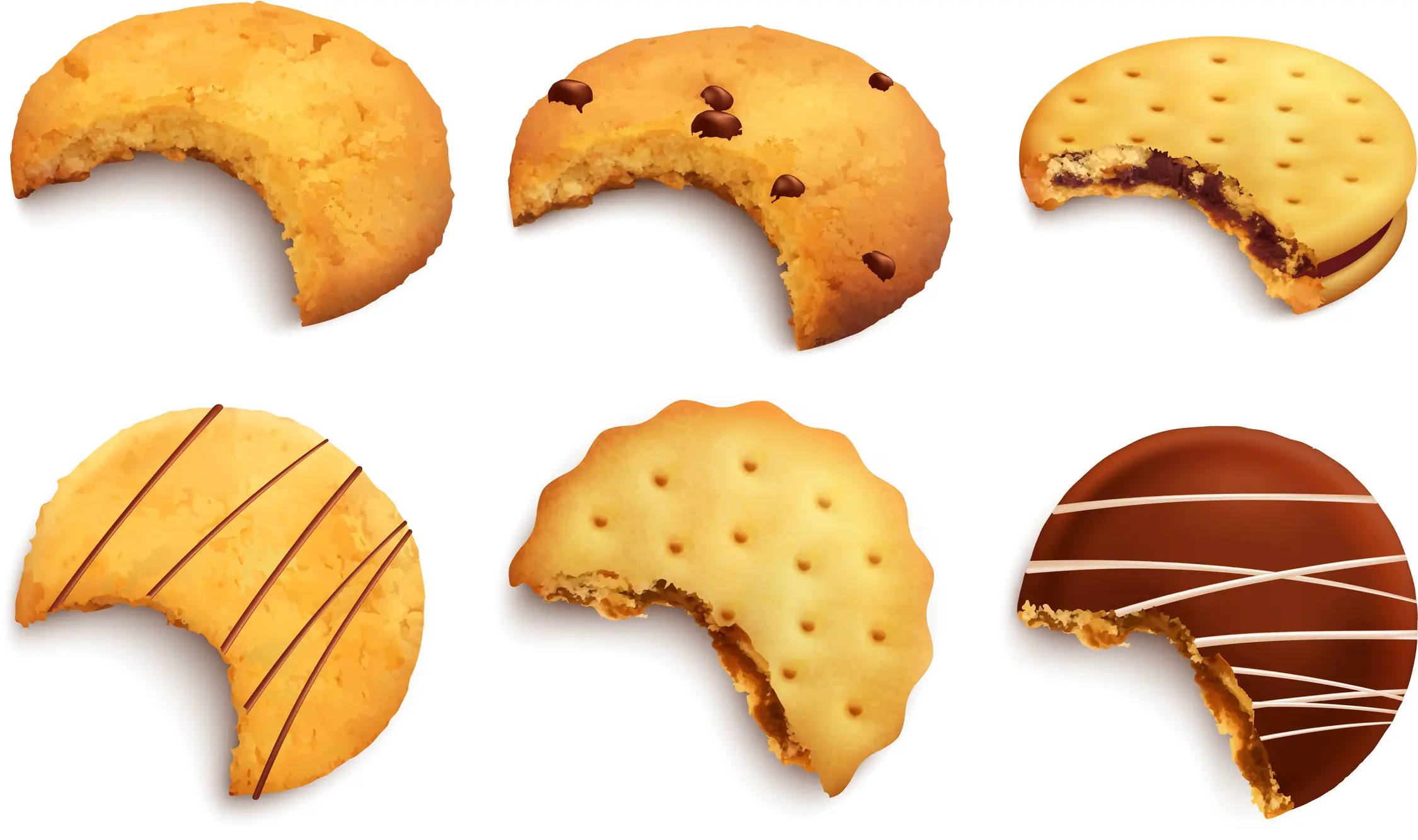
TikTok is rarely far from some controversy. From being widely derided for rotting our brains to offering a never-ending conveyor belt of misinformed slop, the occasional funny video comes at the cost of a barrage of awfulness that society could do without.
In few arenas is that more true than in diets and ‘wellness’. Amidst a sea of wannabe fitness influencers, an algorithm that rewards both novelty and shock value, and a serious lack of information vetting, the scene is rife with nonsense claims, dangerous fads, and a serious shortage of scientific backing.
Experts are now sharing warnings over yet another entrant in this race to the bottom: ‘the three bite rule’.

Advert
This trend is based around enjoying treats in moderation, and it’s been gaining a fair bit of traction. At the time of writing, there are over 20.5 million posts on TikTok under the topic.
It boils down to taking just three bites from whatever food you’re craving. It might be cake, a burger, a high-sugar cereal, a pizza, or any other treat you’re trying to cut back on.
From there, the idea is that you draw a hard line and stop yourself from eating any more.
However, doctors, nutritionists and dieticians largely agree that this so-called hack for treating yourself in moderation is neither clever nor good for you. In fact, it could entrench an unhealthy relationship with food that can manifest in nastier ways that an expanded waistline.
The trend is largely credited to TikToker Angela Renee, who has said that following the ‘three bite rule’ has helped her to maintain a 90lb drop in weight. She takes three bites, then throws the rest away. So, yeah, not great where food waste is concerned either.
It’s supposedly predicated on a sensory phenomenon studied in 2016 which concluded that our enjoyment of food peaks in the first few bites and then begins to decrease.
However, the experts say that attempting to ‘hack’ this phenomenon doesn’t adequately account for nutritional needs, hunger cues, and the emotional relationship we often have with food.
Dr Nirusha Kumaran, a GP, told Marie Claire: “True mindful eating is appreciating your food and eating consciously, rather than a restrictive approach. The behaviour promoted here is restriction and food wastage, not mindfulness.”
She continued: “These rules can become internalised and evolve into more serious disordered eating behaviours… There’s also the risk of normalising under‑eating or food guilt.”

A nutritionist from Boots Online Doctor, Ruth Taylor, added: “Diet fads like the three‑bite rule can lead to poor eating habits and an unhealthy relationship with food. There is a risk that people develop habits that unintentionally creep into healthy, nutrient‑dense food, which could lead to poor nutrition.”
Another expert speaking to Marie Claire, Dr Bronwyn Holmes from Eden Health, called the trend ‘imbalance disguised as control’.
“True balance means honouring your physiological hunger, understanding your emotional needs, and learning to enjoy food without shame. That won’t come from timed bites or arbitrary limits,” she said.
FOODbible has reached out to TikTok for comment.
Topics: Health, Diet, Social Media, TikTok
